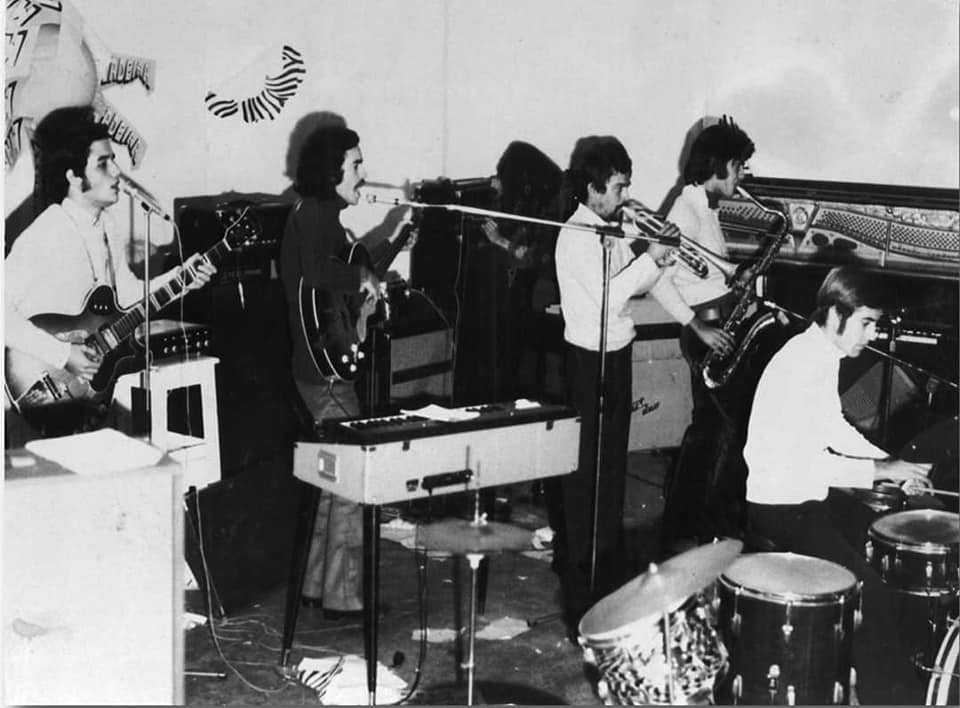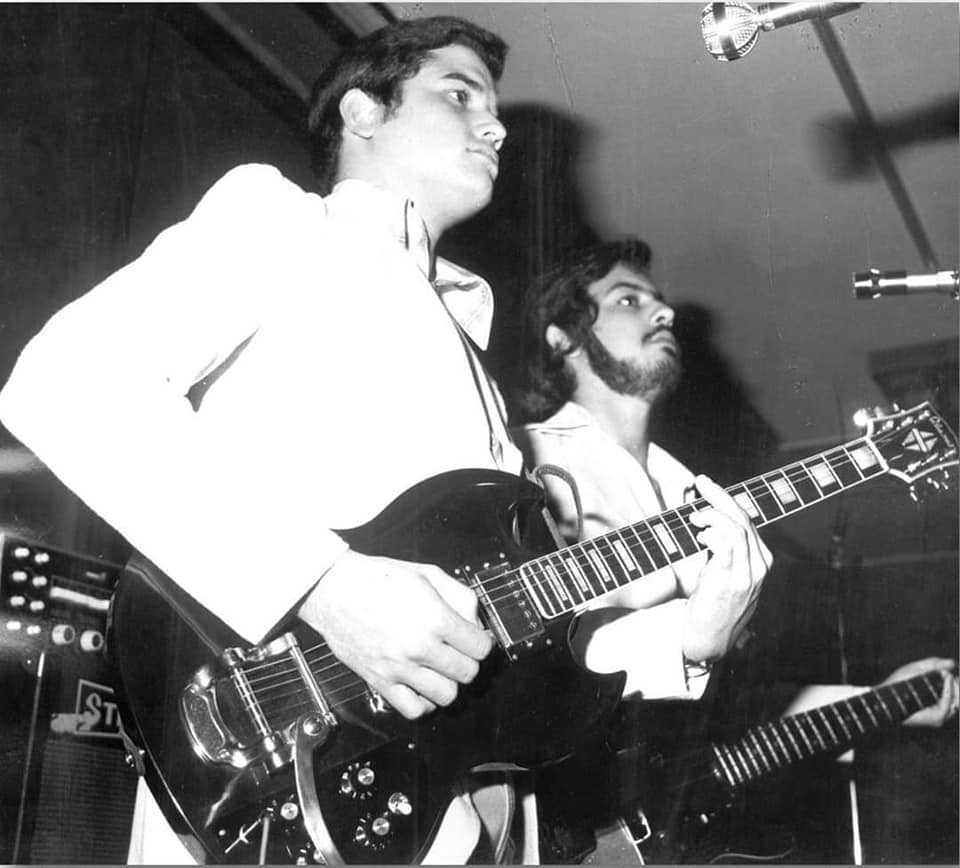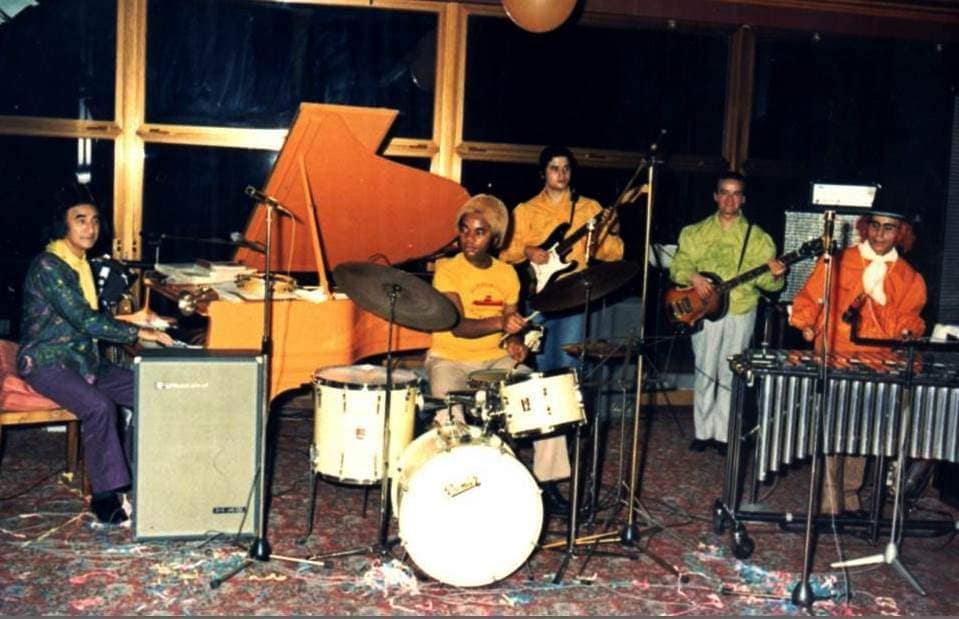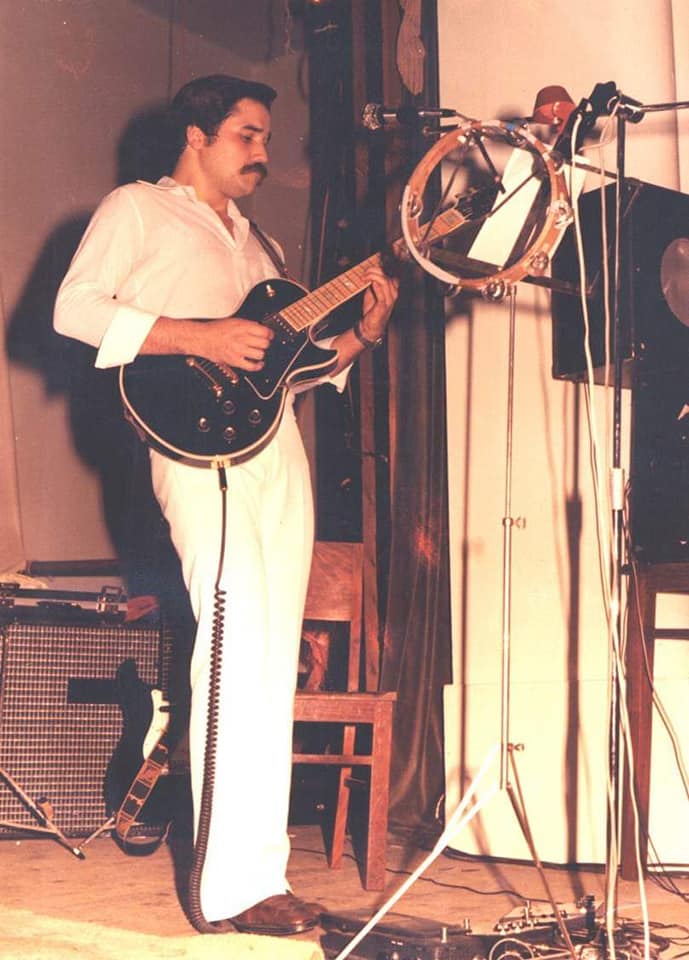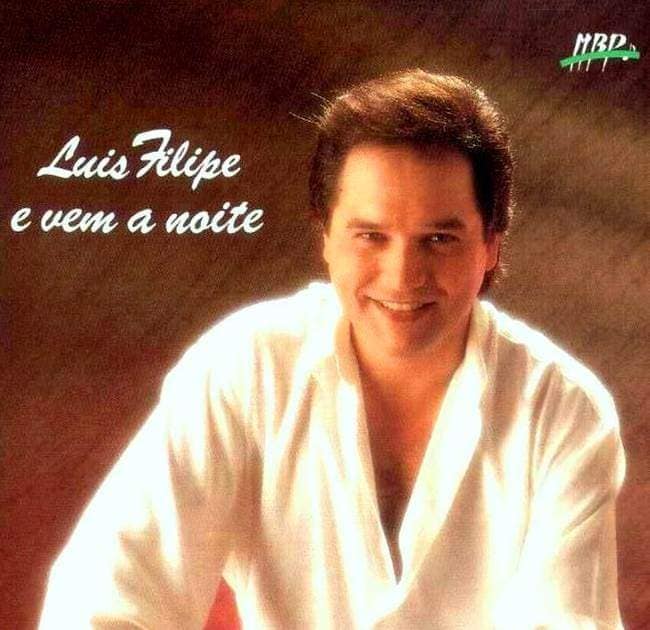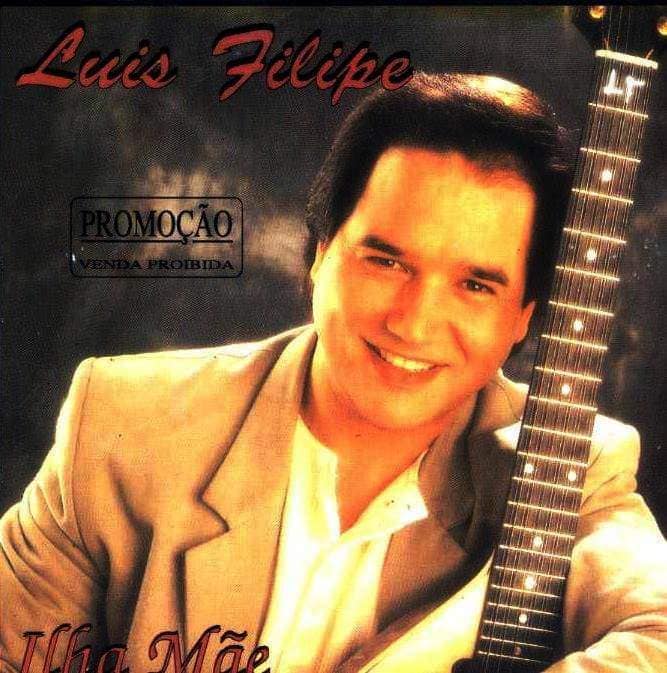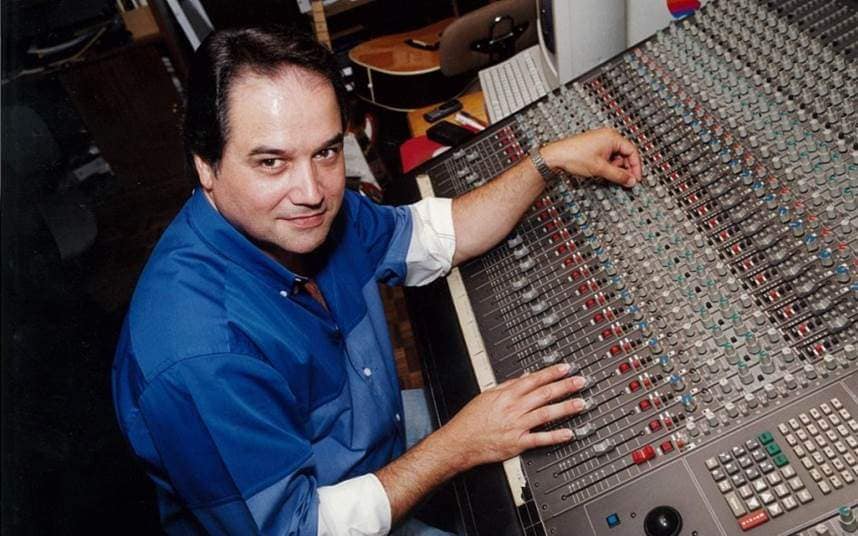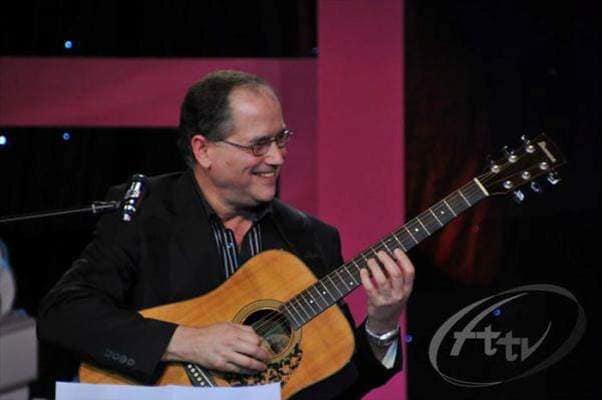Born on June 22, 1952 in Santa Luzia, Funchal. He started his musical practices at the age of 8 with his mother, learning to play the piano and then with his father, Portuguese guitar and accordion. Music was in the family and its development as a self-taught was natural. At the age of 15 he formed his first group “Swinging Blue Jeans” with his closest friends. Luís Filipe (guitar), Rui Lima (bass), Stella (guitar), Luís Alberto Camacho (drums). The group participated in the 1st Rock Music Festival, organized by various entities in the city of Funchal. The festival would continue in the following years, passing its presentation from Avenida do Mar to the Auditorium of Jardim Municipal. “Comuna Set” and “Mad Fun”, were two other youth musical projects, between the years 1970 and 1971. From this time onwards and at the invitation of Roger Sarbib, a renowned musician playing in Madeira (father of André Sarbib) was part of the Hotel Savoy Orchestra, one of the best of its kind to perform at the city's musical night, in the style known as “Madeira Nights”. His professional career would begin here. He was still a minor and a family authorization was required to conclude the employment contract with the Savoy Hotel. Roger Sarbib's ensemble consisted of the piano and organ, Tony Cruz (drums and vocals), Nóbrega (vibraphone, saxophone, clarinet and violin), José de Freitas (bass) and Luís Filipe (electric guitar). In 1973 he formed with other musicians of his generation, the “Habitat”. The ensemble included Luís Filipe (guitar), Rui Lima (bass), Paulo Ferraz (piano) and Duarte Vasconcelos (drums). This high quality ensemble was invited at the time to perform daily (between 1973 and 1975) at the Hotel Holyday Inn in Matur (Machico). In 1976, Luís Filipe Aguiar was invited by Tony Amaral Júnior to join the “Conjunto Impacto”, at the Hotel Savoy. This would be a remarkable experience alongside a big name in national jazz, Madeiran pianist Tony Amaral Júnior. This group also included Bart Stokes (saxophone, flute, clarinet) Juvenal Aveiro (later Helder Gonçalves) (bass) and Tony Cruz (drums and voice). In 1978, he founded one of his best musical projects ever, “Pegasus”. Made up of André Sarbib (piano / organ), Zé Rato (drums), Carlos Araújo (bass), later replaced by Marino de Freitas and Luís Filipe (guitar). The ensemble held memorable concerts in 1979 and 1980. First at the Funchal Jazz Festival (Municipal Theater of Funchal) and then at another large format Jazz / Rock festival for the time, held at the “Pavilhão Desportivo do Liceu”, with guests from the continent among them, the group “Arte e Ofício”. At the same time, “Pegasus” performed at the Hotel Atlantis, as a resident band, being one of the references of the musical and artistic night. In the early 1980s, Luís Filipe Aguiar integrated the “Fireworks” and again, in a well-known space, the Nightclub Galalaxy of the Hotel Savoy. It was here that he planned his departure to Lisbon. The desire of the musician, long cherished, was to make a national career. That opportunity would appear in 1983 and he took advantage of the invitation that was addressed to him, by several people connected to the world of the spectacle and national publishers. The first moment was to start as a singer, interpreting the repertoire of others and then make his own compositions. The first singles (1984), more commercial, “Pequena Amante” and “Um Pequeno Louco” appeared, and the following year she participated, for the first time, in the Festival RTP da Canção with “Mulher Só, Mulher Giesta”. In 1986, he would return to the festival with the “Midnight Tango” and became known on public radio and television, the only one at the time. He also revealed himself as a hit composer, including some sung in English such as "Under Cover Lover", "You've Been Around" or "While The City Sleeps". The music activity was complemented by his work on his newly created recording studio - Data Música. Based on this, his musical art (multi-instrumentalist, singer, lyricist, composer, arranger and musical direction), was published among the Portuguese musical world. He edited «While the City Dorme» LP in 1988 accrediting even more merit and audience. Meanwhile, he produced new singers and many others, well established in the music industry, sought his production or collaboration in his studio. At the end of the 1980s, Luís Filipe would still represent Portugal at the OTI da Canção Festival (1988), with the theme “Vivo a Vida Cantando”. In 1990, a composition of his, "Sempre, Há Sempre Alguém" sung by Nucha won the RTP song festival, also consecrating it in the arrangements and orchestra direction. In 1992, the winning song “Amor de Água Fresca” was orchestrated by him and he were once again the conductor of the orchestra, at a remarkable moment for his career. Other songs like “Partir de Mim” (by Marina Mota in 1989), “Eu Sou Maria Rapaz” (by Nani in 1992), “Quero Muito Mais de Ti” (by Cristina Roque in 1993), “Talvez Noutro Lugar” (by Liza Mayo in 1993), “A Minha Ilha” (by Bárbara Reis in 1996) or the theme “Aprende a Voar” (on the wings of love) in 2011 sung by her daughter Sandra Dória, are some of her creations, for the most important stage then, the RTP Song Festival. Luís Filipe Aguiar was (probably), the only Portuguese musician of the 20th century, to fulfill different functions in the music industry and in national music, namely: musician, singer, composer, author, arranger (and musical direction), music producer, producer of content for television (RTP. Sic and TVI, among programs, soap operas and advertising) and was also representative of “Sociedade Portuguesa de Autores”, in Madeira. He produced singers such as Teresa Maiúko, Ana, Cazanova, Nucha, Marina Mota, Pedro and Henrique Feist, Ágata, Grupo Aura, among others, having recorded in his studio, many of the most important names in the Portuguese music scene, such as those registered in the project Pirilampo Mágico de 1993 e 1994: Paulo de Carvalho, Dulce Pontes, Sara Tavares, Paco Bandeira, Anabela, Carlos Guilherme, Luís Represas, Alexandra, Isabel Campelo, Dina, Nucha and Toy. Of his discographic works, stands out (among others) “Enquanto a Cidade Dorme” and “E Vem a Noite”. In relation to their most heard themes on the radio, “Brinquedo Desfeito” and “Raio Azul”, they are marks of the taste of the musician, composer and artist left as a repertoire, to the Portuguese Music of the 90s.
Text:@Vitor Sardinha
